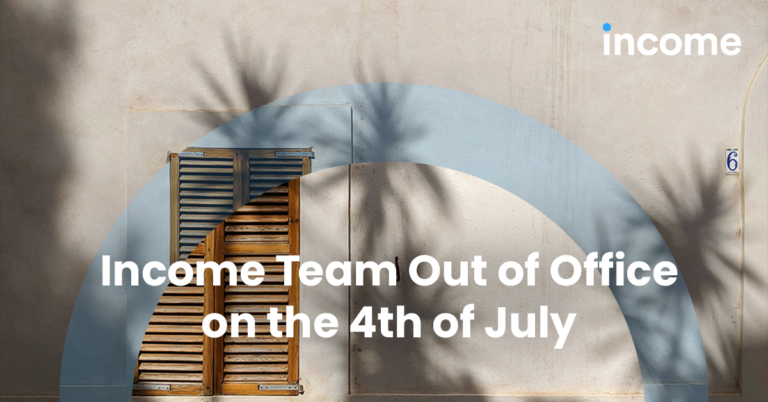Financial terms can sometimes be confusing, and concepts which sound alike can actually be quite different. One of the phrases widely used in P2P marketplaces is “skin in the game”, whereas Income marketplace uses the term “Junior Share”. Although different, both terms are used in P2P to show the part of the loan that cannot be invested in, because it is held by the Loan Originator. This is how they differ.
Skin in the Game (= Alignment)
The phrase “skin in the game” is commonly used in corporate finance and refers to the equity stake (self financing) of the owner of an asset when external investor money is borrowed. This owner´s “skin is to game” is meant to ensure that the interests of the owner of the asset are aligned with the interests of the external investor, as both sides have a stake in the investment.
In P2P loan terms, the skin in the game is usually an alignment tool, trying to ensure that the loan originator works in a way that is beneficial for all parties. The underlying assumption is that if a Loan Originator holds e.g. 10% of a loan, then they are incentivized to issue good loans; otherwise they will lose their share in the same proportion as the investors holding 90%, if the loan originator is unable to honour the buyback guarantee or defaults.
In case of default, both 10% (skin) and 90% (external investors) have an equal likelihood of recovery and loss in the mentioned proportions.
Junior Share (Alignment + Security)
In finance, junior debt refers to debt that has a lower priority for repayment than more senior debt claims in the case of default. This means that in the case of default, the junior debt holders are satisfied only after senior debt holders are fully repaid, thus absorbing the majority of losses.
At Income marketplace we call the part that the loan originator holds, and which is un-investable by investors, the “Junior Share”, because in the event of Loan Originator default, it is junior to the share of the investors.
In P2P loan terms, the Junior Share acts as a security in case of a Loan Originator default.
If a Loan Originator has a 10% Junior Share in a loan, then in the case of default this 10% acts in the favour of the 90% of the investor share. The investor´s 90% is paid back first and only then the Loan Originator receives its share; if there is something left over after investors have been fully paid.
In the case of default, the 90% has a higher likelihood of recovering funds, and the 10% has a higher chance of losing.
Junior Share as a rating tool?
The Junior Share does not indicate the risk level of a Loan Originator. At Income we analyse the Loan Originator performance holistically and set the Junior Share at a level where full repayment of investor funds is expected, in case of Loan Originator default. A loan that is 100% investable has a Junior Share of 0%, which means that the quality of the loans that act as security is considered sufficiently good to protect the investor in case of Loan Originator default, thus a Junior Share is not considered to be required.
Conclusion
The Junior share is significantly stronger investor protection mechanism when compared to the traditional “Skin in the game” as it both aligns the parties and in addition shields investors against loss.
Now that you know how you are protected on Income, start investing today.




